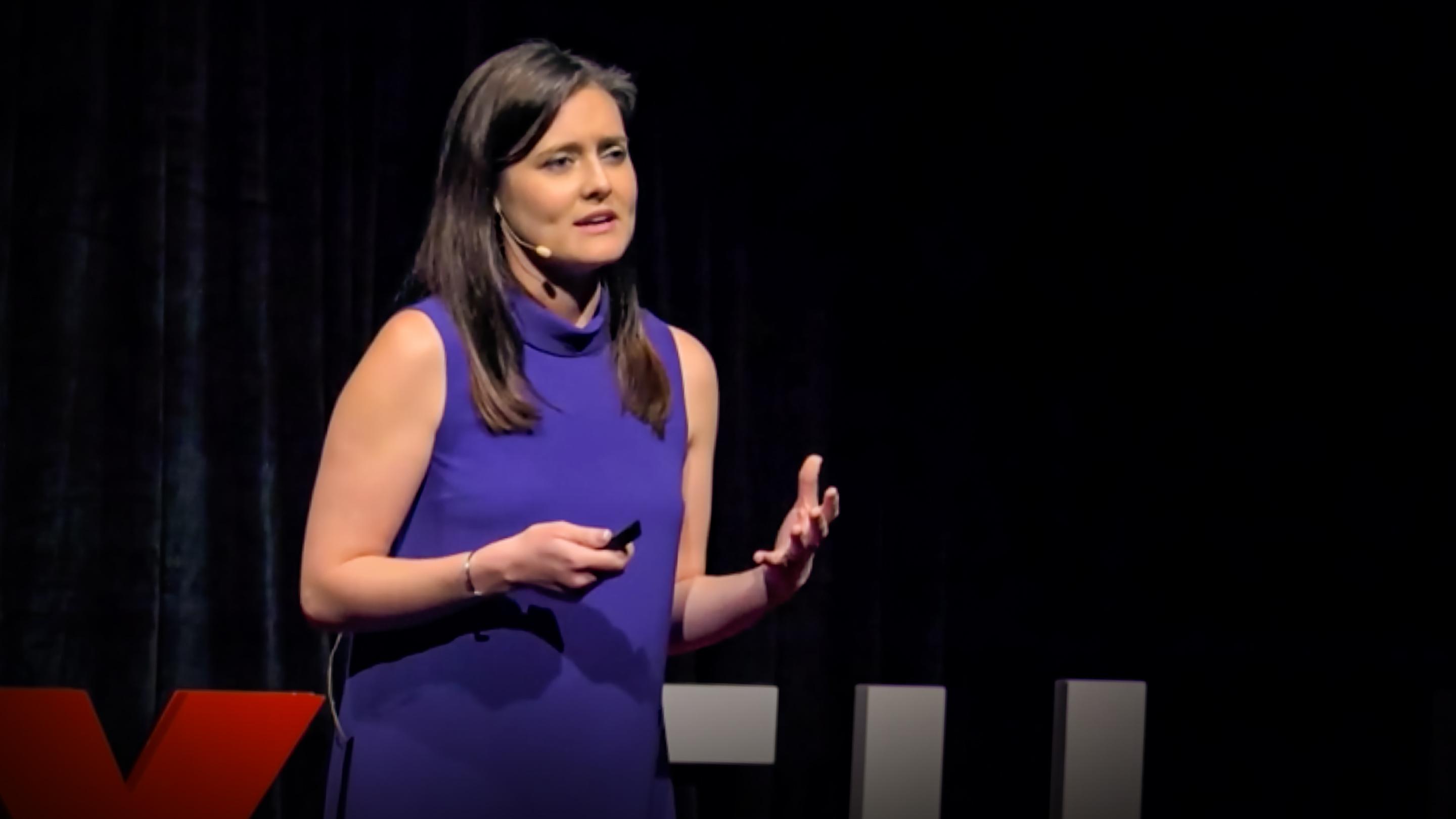Youth are especially vulnerable to providing false confessions. In a study of exonerations, only 8% of adults falsely confess, and 42% of juveniles will falsely confess.
In the US, teens are integrated just like adults. For many reasons teens falsely confess because cops can lie to teens, even to intellectually impaired teens. Teens are more susceptible to social influence. The police make the person feel as if denials are pointless, and confession is the only option. The police will try to be the suspect’s friend and will claim to show some leniency if confessing-- which persuades them even more to falsely confess.
Hundreds of neuropsychological studies reveal that juveniles do not think like adults, behave like adults, and they are not built like adults. Adolescent brains are different from adult brains.
They should be educated on juveniles’ developmental limitations, and how they can play out in a high stakes interrogation. Also, there should be consideration to implement special protection for juveniles.
In the US, the suspect has to request to have a parent or attorney in the room. In other countries like England and Wales, juvenile interrogations must be in the presence of an appropriate adult, like a parent, guardian, or social worker. The youth doesn’t have to ask for one, it’s automatic, unlike in the US.
Juveniles cannot be trusted with things like voting, buying cigarettes, attending an R-rated movie, or driving, but they can waiver their Miranda Rights-- which teens don’t know or understand to appreciate. Potentially, they can waive these important rights without consent or knowledge of an adult.
